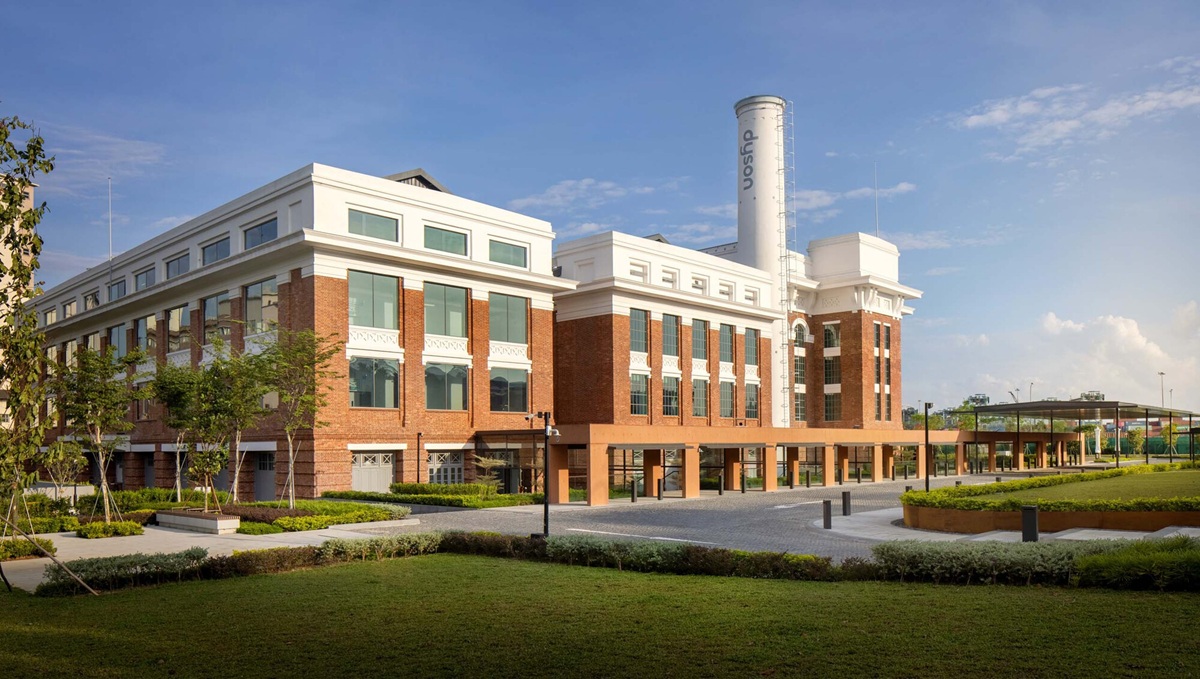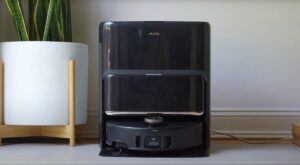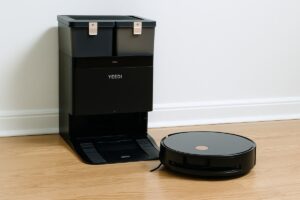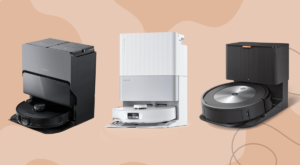Dyson, the high-end home appliance brand that has got the world throwing its money at it. With an annual revenue of around $7.9 billion, Dyson holds the title for being the world’s most innovative company. For over two decades, Dyson has been a global technology enterprise.
The Origins of Dyson: A British Invention
The brand was founded in 1991 by James Dyson, a British inventor. He was born in Norfolk on May 2nd, 1947. Growing up, he went to Greshams boarding school. During his teen years, James spent a year enrolled at the Byam Shaw School of Art and then moved on to study furniture and interior design at the Royal College of Art for four years.
The journey of the Dyson brand began in the 1970s when James Dyson purchased a Hoover Junior vacuum cleaner. After using it for a while, Dyson noticed that the vacuum lost its suction power. Using his skills as an engineer, he took it apart, fixed the issue, and took it back to the store, vowing to develop a better cleaning product. He started working on his improved vacuum cleaner in 1979. James Dyson spent the next five years building a solution that worked perfectly.
In 1979, He sold his shares in the Ballbarrow for £10,000 to support himself in developing a new vacuum cleaner. He built 5,127 prototypes of the Dual Cyclone.
In 1983, he was able to make the G-Force vacuum cleaner. He traveled to the UK and Europe looking for a company to license the vacuum cleaner. In 1985, the Japanese company Apex, Inc. began selling James Dyson’s G-Force vacuum cleaner in Japan. James Dyson had trouble getting UK manufacturers interested in his revolutionary cyclonic vacuum design.
The G-Force was marketed as a premium product and sold for a high price (around $2,000 USD in today’s money). Its success provided Dyson with the funds to launch Dyson Ltd. in the UK in 1991.
And soon, the G-Force vacuum cleaner was born, retailing at about £200. His first sale was to a mail-order catalog so that other people could find out about his vacuum. And In the next few years, Dyson experienced success like no other.
Where Dyson Vacuums Were Originally Made
The Dyson’s journey began in the United Kingdom, where its first vacuum cleaner, the DC01, was manufactured. In 1993, James Dyson established a research center and factory in Malmesbury, Wiltshire, marking the company’s commitment to British engineering and innovation.
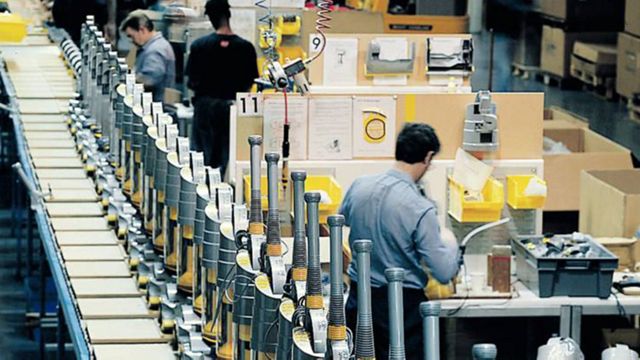
The DC01 became the best-selling vacuum cleaner in the UK. In March, Dyson launched the Dual Cyclone DC02. And later in September 1996, the Dyson DC02 Absolute was launched. A canister vacuum cleaner with Dual Cyclone technology. It generated powerful centrifugal force to separate dust and dirt from the air. It also featured a “hair screw tool” to clean pet hair.
Dyson’s Shift to Asia
In January 2002, Dyson announces vacuum cleaner production will be transferred from Malmesbury (UK) to Malaysia. The Last vacuum cleaner, the DC07, was produced at Malmesbury in September.
This move was made due to the increasing manufacturing costs in the UK. The shift from the UK to Malaysia allowed the company to benefit from lower production costs. It was approximately 30% less than in the UK. Later on, the company started production in other countries, including China and Singapore. Today, Dyson vacuums are primarily manufactured in China, Malaysia, and Singapore.
